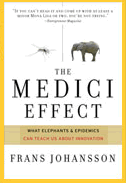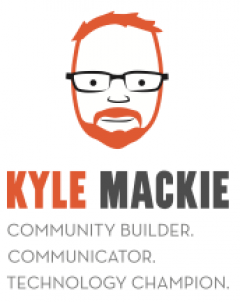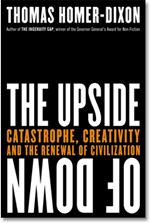I’ve done a fair amount of work with the Office of Open Learning at the University of Guelph, in Ontario, Canada. Open Learning does a number of great things in the areas of continuing and distance education. A team of close to 50 are in charge of all production, administration, technical support and instructional design of programs and courses. It’s a great place to work.
Because of the breadth of what the office does, different “teams” get established. The web technologies staff live in their own office and have little or no dealings with the marketing people. The staff charged with financial duties have only a fleeting understanding of what those who produce and distribute manuals actually do. This is far from unique to this office. The image is “we do it all”, when in fact “we have groups of specialists who do various things so that we can get it all done”.
My position in this office is that of “program manager”. I translate technical information so that non-technical people can understand it (and vice-versa). I ensure that proper supports are in place. I provide training where necessary. I make sure that things run smoothly.
Some years ago, at an office meeting, we were given the task of describing, in 7 minutes or less, what it is that each of us do. Creativity was encouraged. Individuals did PowerPoint presentations, groups did skits. Then, it was my turn. For seven minutes, I described an busy intersection with vehicle and pedestrian traffic, signals and signs, traffic cops (when needed), corner stores, newspaper boxes, the occasional car accident. I drew what I thought were nice comparisons to what the office does. Newspapers and signs were websites and manuals, cars and pedestrians were instructors, students and information.
At the end, a colleague piped up, “ok, I follow you, but who are you in the intersection?”
Thing is, I’m not in the intersection, I am it.

The Medici Effect, by Frans Johansson, is a fabulous commentary on intersectional and generalist thinking. If you haven’t read it yet, you should.





